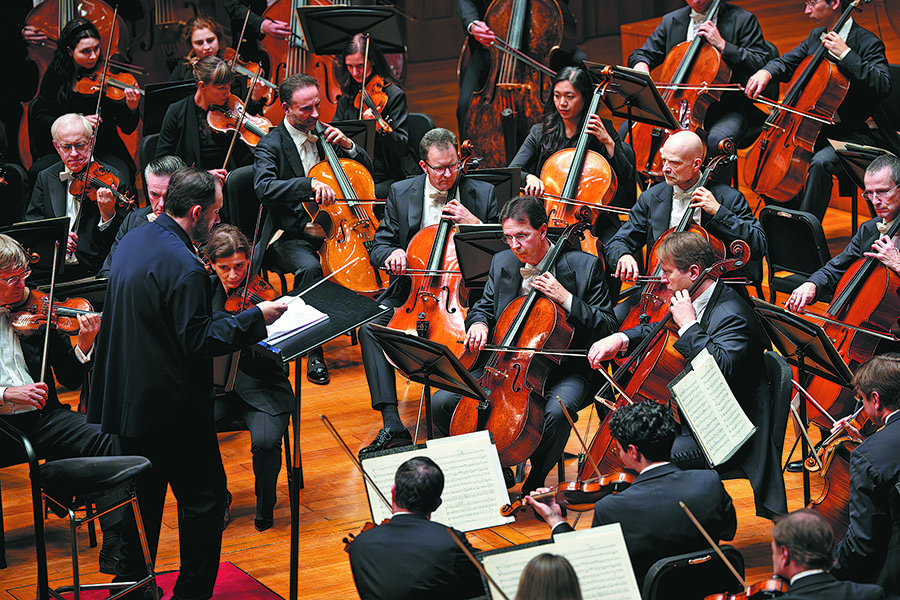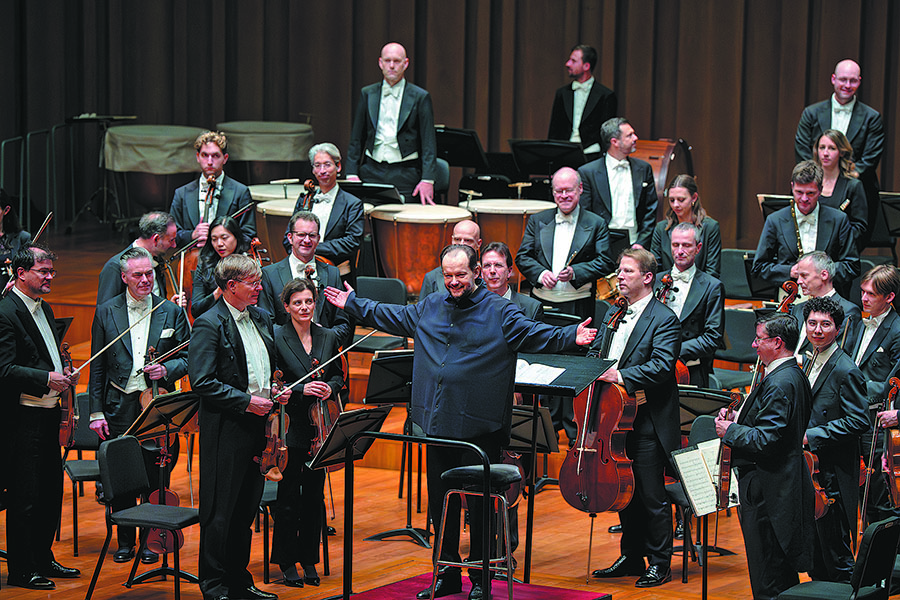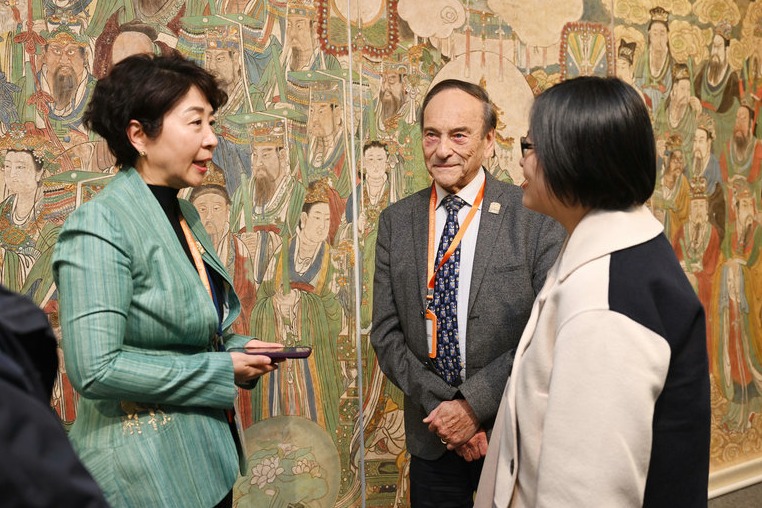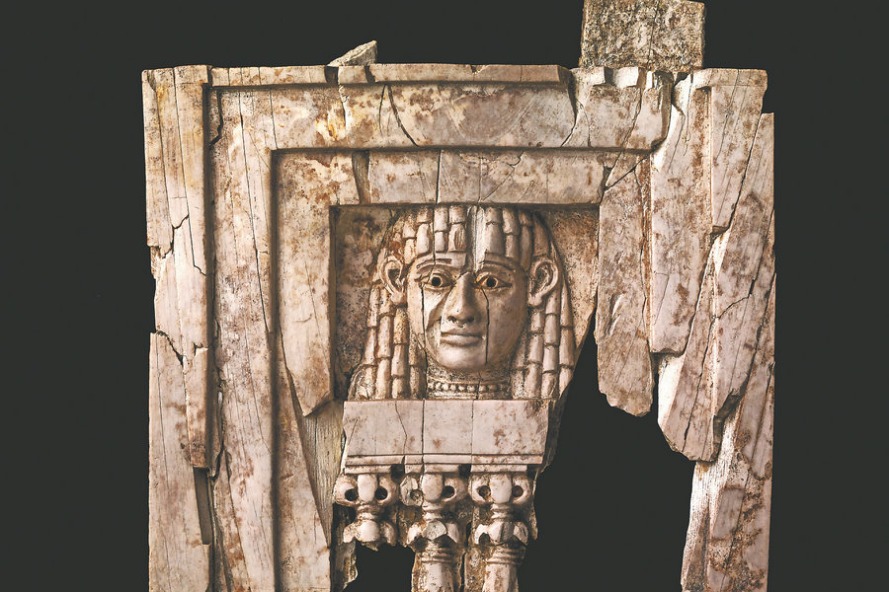Vienna's philharmonic triumph


Latest Chinese tour includes the capital after 11-year hiatus, with audiences eagerly awaiting the orchestra's annual New Year broadcast, Chen Nan reports.
After an 11-year hiatus, the Vienna Philharmonic returned to Beijing's National Centre for the Performing Arts, dazzling audiences over two consecutive evenings on Monday and Tuesday with an unforgettable musical experience.
Their eagerly awaited tour will also take the celebrated orchestra to Shanghai, Xi'an in Shaanxi province, and Guangzhou in Guangdong province, between last Sunday and Nov 6, to present eight concerts featuring a repertoire of symphonies, concertos, and symphonic poems, designed to demonstrate the depth and variety of symphonic music.
Founded in 1842, the Vienna Philharmonic is known for a unique structure that forgoes a music director or permanent conductor. This independence allows the orchestra to create its own sound. Their annual New Year concert, which is broadcast around the world, has cemented the orchestra's reputation as a global icon of classical music.
Leading it on this tour is Latvian conductor Andris Nelsons, a star of the new generation of conductors, and a philharmonic partner since 2010. His frequent collaborations with the orchestra — 121 performances and counting — have further solidified his status as one of the most important contemporary conductors. In 2020, he conducted the New Year Concert, his fresh approach gaining him global attention. He also led the philharmonic's 2022 and 2023 Summer Night Concerts, captivating audiences with his dynamic, masterful style.

"We've been touring China since 1973 and the warm welcome from the Chinese audience has left us with lots of beautiful memories," violinist Daniel Froschauer, chairman of the Vienna Philharmonic, said at the NCPA before the concert on Monday. "Music transcends language and speaks directly to the heart. This tour will allow us to share our passion with Chinese audiences, and experience the beauty of their own artistic traditions."
Froschauer says that when it came to preparing the program for this tour, the orchestra wanted to perform a range of music, not only to showcase the long musical tradition of which they are proud, but also new music they have never performed before, to keep it on a path toward the future.
The evening began with Shostakovich's Symphony No 9 in E-flat Major, Op 70, a lively and uncharacteristically lighthearted piece completed in 1945, which captures the euphoria at the end of World War II.
"Nelsons is celebrated for his authoritative interpretation of Shostakovich's work. The delicate agility of the strings and the playful woodwinds provided a vivid contrast to the solemn weight that usually accompanies ninth symphonies, adding a refreshingly whimsical touch," Froschauer says, noting that in the spring of 1945, Shostakovich, who was already a revered composer with eight symphonies to his name, composed his grand Ninth Symphony in homage to Beethoven's towering oeuvre. His piece defied conventions. In place of an epic, choral masterwork, he delivered a compact piece that was unexpectedly only 25 minutes in length. When it premiered in 1945, this unconventional symphony surprised and puzzled audiences with its brevity, subverting the lofty expectations normally associated with the genre.
Also featured in the program is Dvorak's Symphony No 7 in D Minor, Op 70, a piece inspired by the grandeur of Brahms' Third Symphony. Completed in 1885, it is a stirring piece, filled with emotional depth and national pride.






































